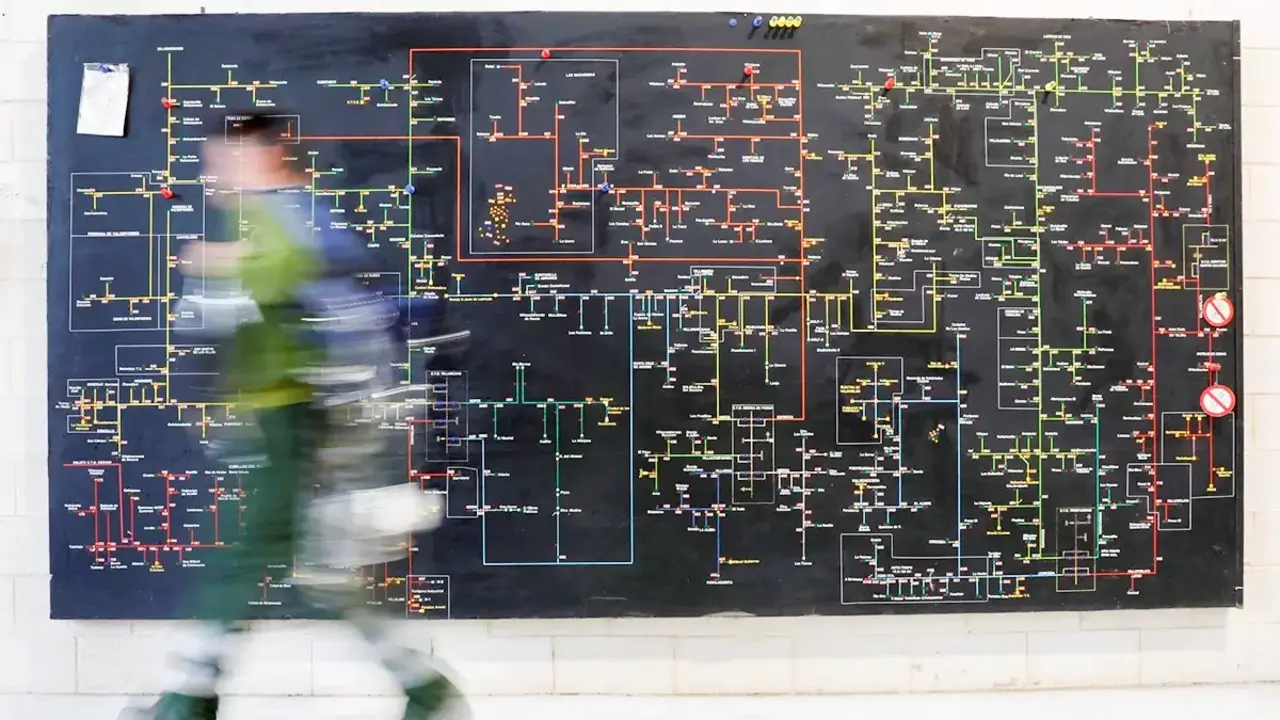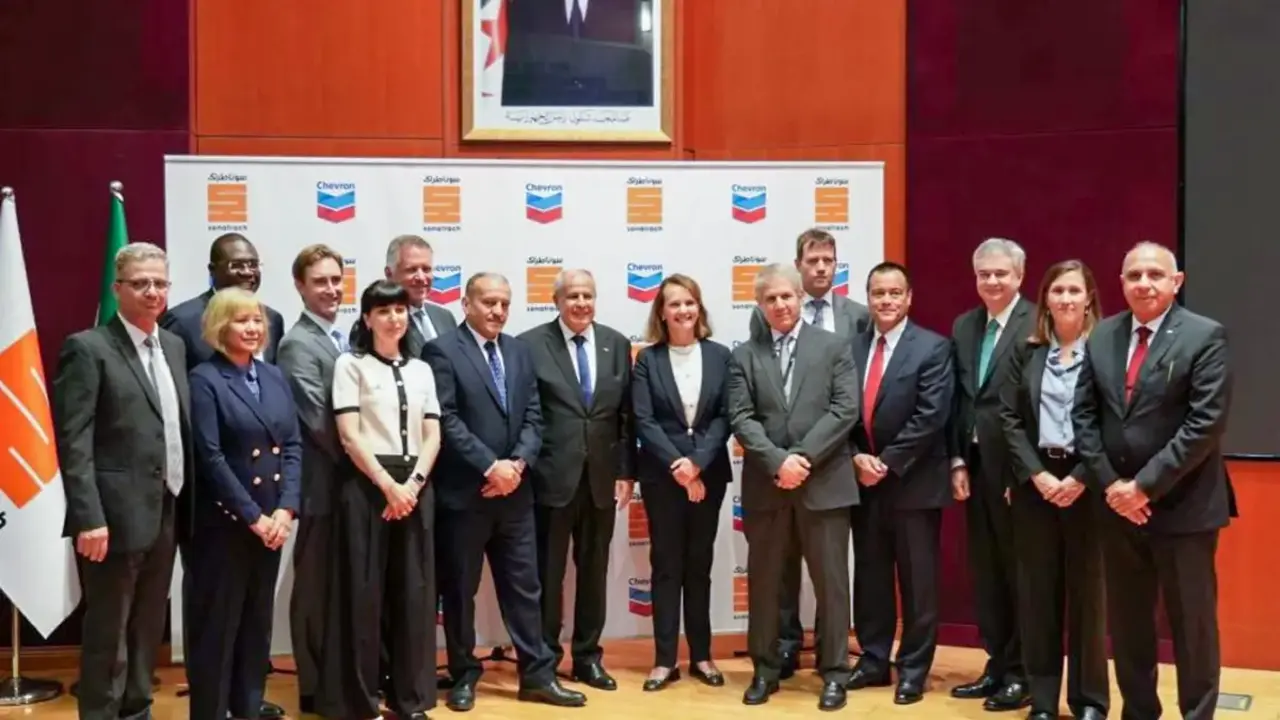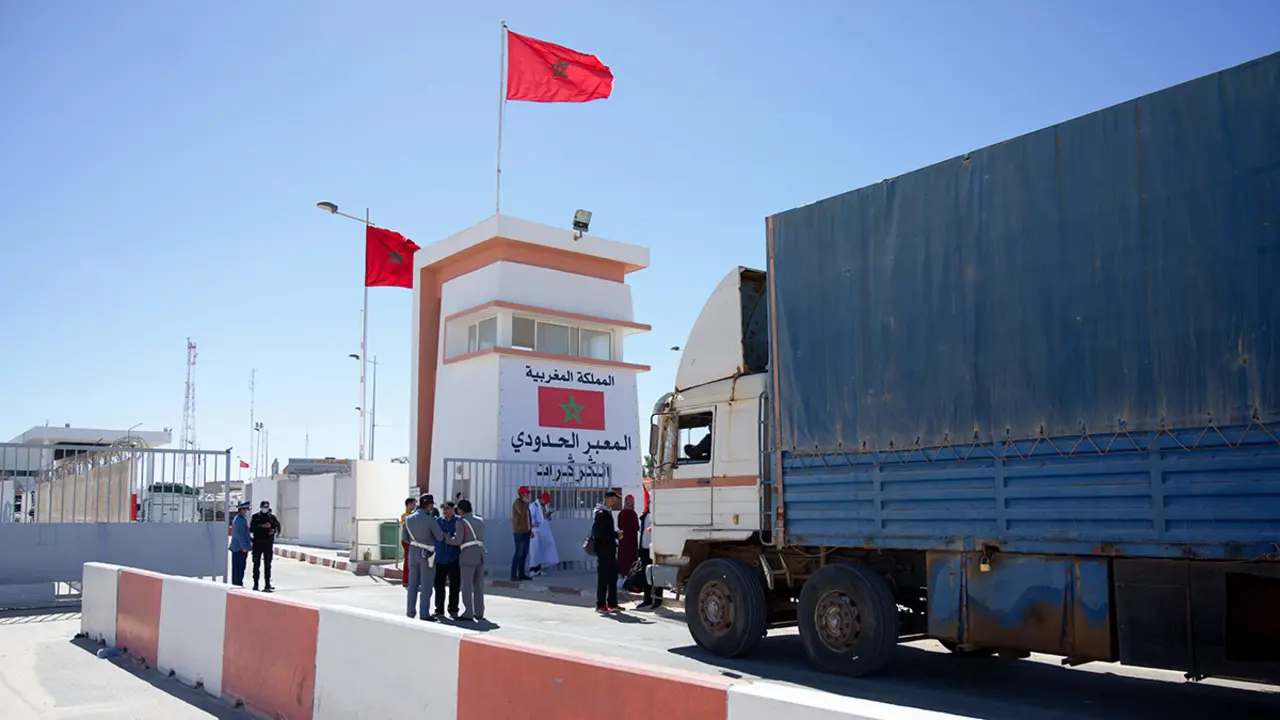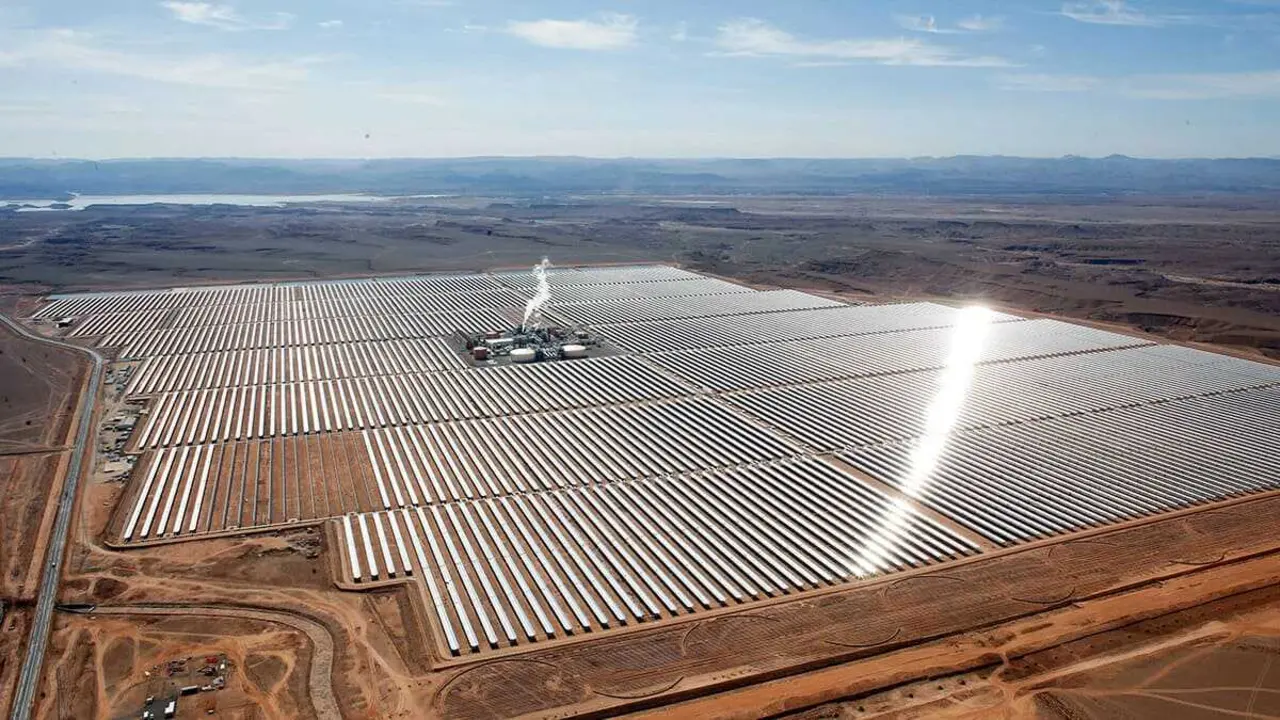Egypt and Tunisia call for "more justice" at Summit for a New Global Financial Pact
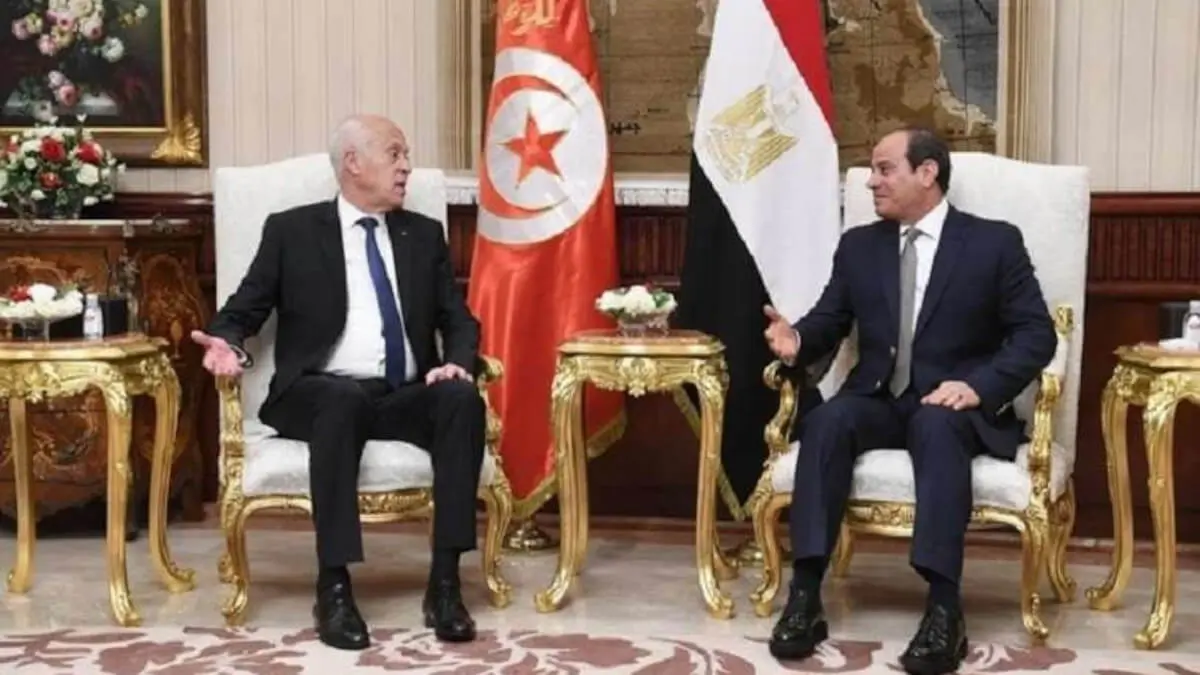
The world is currently facing numerous challenges that need to be tackled together. The economic and climate crises, as well as inequalities and food insecurity, must be addressed from a common perspective, proposing clear and concise solutions and measures.
With the aim of analysing all these challenges related to the planet and development, France has organised the Summit for a New Global Financial Pact. This meeting in Paris brings together world leaders from all over the world to lay the foundations for a renewed financial system in line with today's common challenges.
The global financial architecture is outdated, dysfunctional & unjust.
— António Guterres (@antonioguterres) June 22, 2023
Today I urged participants at the Summit for a New Global Financial Pact to take action to meet the urgent needs of developing countries. pic.twitter.com/cHFlkymzRw
French President Emmanuel Macron opened the summit, stressing the need to reform the global lending system to ensure that poorer countries are not forced to "choose" between fighting climate change and poverty.
For UN Secretary General Antonio Guterres, this reform is also crucial. "The international financial system has failed in its mission to provide a global safety net for developing countries," said Guterres, highlighting the high number of people on the brink of extreme poverty around the world.
In addition to Macron, Guterres and other Western leaders, the meeting was also attended by important leaders from the Arab world, such as Saudi Crown Prince Mohammed bin Salman, who heads the Kingdom's delegation to the summit, Egyptian President Abdel Fattah Al-Sisi and Tunisian leader Kais Saied.
HRH Crown Prince Mohammed bin Salman is leading the Kingdom's delegation at the summit "For a New Global Financial Pact”, taking place in #Paris on 22-23 June 2023. pic.twitter.com/yLEcd7GdJ1
— CIC Saudi Arabia (@CICSaudi) June 22, 2023
The latter two North African countries are grappling with major economic challenges, many of them caused by the coronavirus pandemic and war in Ukraine and linked to rising commodity prices. For this reason, the two presidents called in Paris for "more justice" and "improved" mechanisms in the global financial system to support vulnerable countries in their efforts to achieve the Sustainable Development Goals.
"Renewable energy programmes, water distillation, improving road networks and the use of electric transport vehicles cost us significant sums of money," acknowledged Al-Sisi, who urged Egypt's partners to "understand" the economic pressures facing his country as well as others in a similar situation.
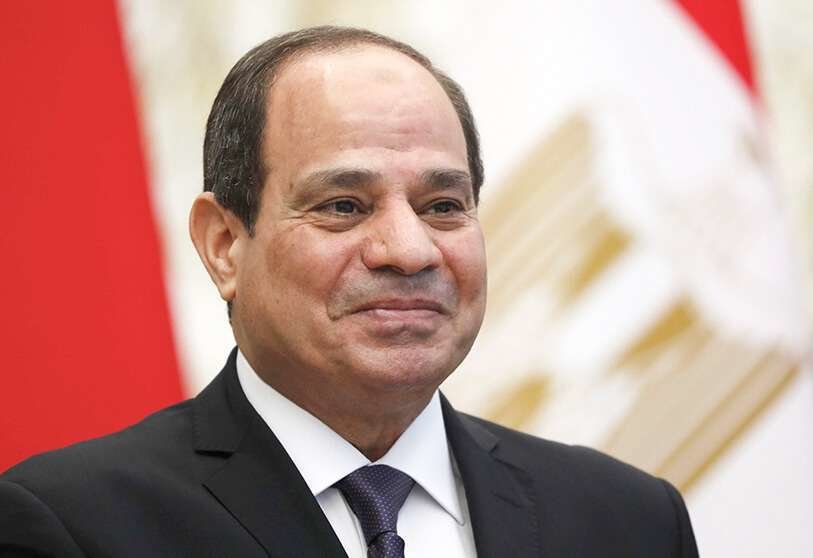
Egypt faces heavy external debt due to its dependence on loans from the International Monetary Fund (IMF) and other financial institutions. This situation, coupled with the economic crisis and high inflation, has led the government to develop reforms to boost the role of the private sector in creating investment opportunities. In this sense, the Gulf countries, especially Saudi Arabia, have become Cairo's allies in overcoming the crisis.
Tunisia is in a similar situation. Kais Saied's government is in negotiations with the IMF for a loan as the economic situation weakens. However, Tunisia has the backing of the European Union, especially countries such as France and Italy.
In Paris, Saied stressed the need to "adopt non-traditional approaches to international economic and financial relations that take into account the rights and emerging challenges of the world in general and developing nations in particular".
During my meeting with Tunisia’s President Kaïs Saïed in Paris, I stressed the IMF’s support for Tunisia’s economic reform efforts. We discussed how best to ensure that the vulnerable in 🇹🇳 remain protected, jobs are created, and economic stability is maintained. pic.twitter.com/9aacDukY1X
— Kristalina Georgieva (@KGeorgieva) June 23, 2023
This Summit presents an opportunity for Saied to explain the situation facing his country to international leaders, as well as to present his solutions to the crisis and defend his positions.
Political analyst Nabil Al-Rabhi - quoted by The Arab Weekly - expects the EU to urge the IMF to support Tunisia in receiving financial assistance to help it emerge from the current crisis.
Tunisian economist Reda al-Shakandali agrees, believing that Tunisia should sign a comprehensive association agreement with the EU that would guarantee more European investment. Al-Shakandali also stresses the importance of reaching an agreement with the International Monetary Fund "without harming social peace".
Other leaders from the Global South, such as Brazilian President Lula da Silva, South African President Cyril Ramaphosa, Chinese Prime Minister Li Qiang and Kenyan leader William Rufo, are also among those invited to the summit.

